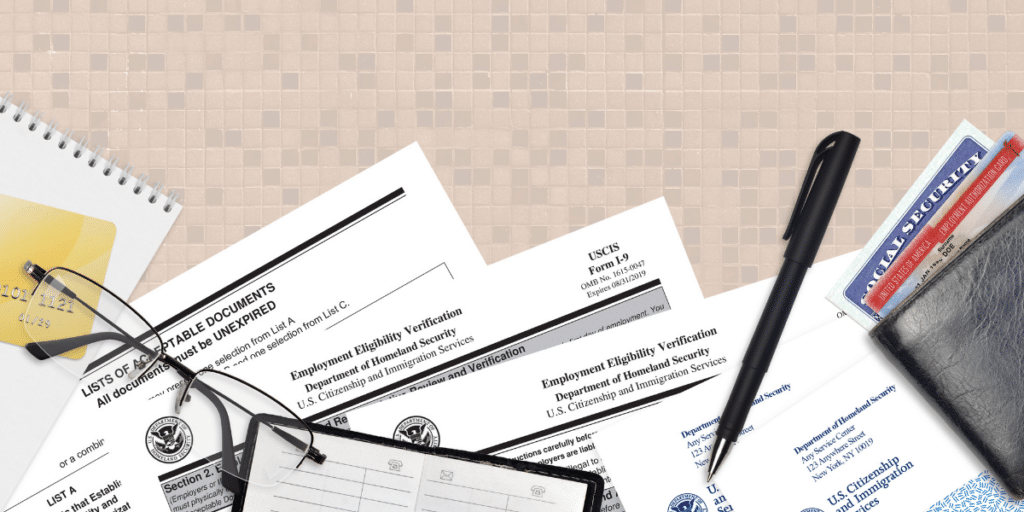As a result of the amendment made to Rule 11(b) in the Federal Rules of Criminal Procedure, which took effect in December 2012, federal judges are now required to make defendants aware of the potential consequences, including those as severe as removal, of accepting a plea of guilty or nolo contendere (no contest). Specifically, prior to sentencing, the Court must inform the defendant that if he is not a U.S. citizen, a conviction could result in the denial of citizenship, the denial of future admission to the U.S., or even removal.
The amendment to Rule 11(b) serves as an extension of the Supreme Court’s decision in Padilla v. Kentucky. 559 U.S. 356 (2010). In that case, the petitioner was faced with removal proceedings after pleading guilty to drug distribution charges, despite his being a Lawful Permanent Resident in the United States for over forty years. Padilla claimed that he had failed to be made aware of the possible consequence of removal before entering the plea and that his attorney had even urged him “not to worry about deportation since he had lived in this country for so long.” Id. at 356. Had he been made aware of the possibility of removal, Padilla alleged he would have gone to trial instead of entering the guilty plea in the first place. The Kentucky Supreme Court ultimately denied Padilla any post-conviction relief, stating the Sixth Amendment’s guarantee of “effective assistance of counsel does not protect a criminal defendant from erroneous advice about deportation because it is merely a ‘collateral’ consequence of his conviction.” Id. at 359-60. The Court ruled that any claims to relief would have been dependent upon whether Padilla had been prejudiced, a matter which was unaddressed. Id. at 360.
However, the Court did rule that a “constitutionally competent” counsel would have advised Padilla that a conviction of drug distribution would have put him at great risk of deportation. Id. at 361. The necessity of an attorney’s advice that a defendant is made entirely aware of the potential risk of deportation is now especially imperative, as federal immigration law has changed dramatically in the last ninety years to expand the range of deportable offenses. Now, under Rule 11(b), federal judges, in addition to attorneys, are also required to advise defendants of the possible consequences of conviction prior to accepting a plea. While some have opposed this expansion, the amendment was ultimately put into effect as a result of the recognition that removal specifically is “qualitatively different from the other collateral consequences that may follow from a guilty plea.” Federal Judges Required to Provide Immigration Warnings During Plea Stage, Bender’s Immigration Bulletin, Dec. 15, 2013 at 1451.

CATEGORIES
Contact an Attorney
Our attorney offer specialized guidance and representation in a variety of practice areas.

REMEMBER: Always speak with your own attorney
This information is provided for informational purposes only; it is not offered as and does not constitute legal advice.
More Insights and Resources
Learn more about what to expect when facing a family law dispute in Charlotte, North Carolina from Family Law attorneys at Dozier Miller Law Group
What NC House Bill 269 Could Mean for Non-Compete Agreements in North Carolina
Non-compete agreements have long been a controversial tool in the corporate world—sometimes protecting legitimate business interests, and…
Protect What Matters Most: Estate Planning for Every Stage of Life
Thinking about the future doesn’t always come naturally. Many of us get caught up in the day-to-day,…
Will a Separation Protect Me Financially?
Separation is never easy, especially when financial questions start piling up. Can you protect your savings? Will…
Practical Custody Arrangements for Families
Trying to figure out custody arrangements? You’ve probably come across terms like joint custody, primary custody, and…
Future-Proof Your Business Against Form I-9 Changes
Running a business is no small feat. Between managing your team, keeping customers happy, and planning for…
When Do You Need an Attorney for a Breach of Contract Case?
Contracts are the backbone of any good business relationship. They bring clarity, set expectations, and hold everyone…
Navigating Immigration Changes and Their Impact on Employment Law
No matter the size of your business, immigration law affects your ability to hire and retain the…
LGBTQ Families and Stepparent Adoption: What You Need to Know in North Carolina
As a family law attorney in North Carolina, I’ve seen many parents assume that their legal status…
What to Do When You Get a Bad Google Review
If you’re a Charlotte business owner, you know just how important your online reputation is. Around 98%…
Managing Your Immigration Status in 2025
The 2024 election brought significant shifts to U.S. immigration policy, many of which have already begun reshaping…










